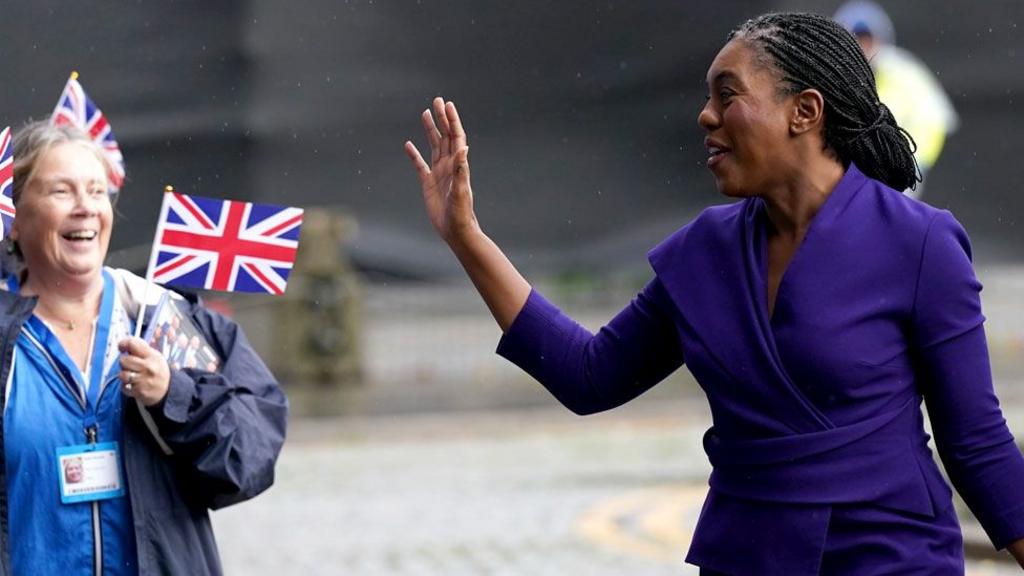The Conservative Party has historically been among the most electorally successful parties in the democratic world.
Yet, the party, once accustomed to a position of strength, now finds itself significantly diminished.
Rarely, if ever, have the Conservatives faced such a challenging political landscape.
Against this backdrop, questions naturally arise about the leadership, and Kemi Badenoch has been subject to such scrutiny.
However, her address at the party’s annual conference was a confident display, arguably her strongest performance as leader to date, and an articulation of her particular brand of Conservatism.
She appeared at ease and engaged, noteworthy given the pressure inherent in delivering her first closing conference speech as Conservative leader.
The Conservatives are identifying a potential niche: to be seen as responsible stewards of public finances.
Despite the legacy of Liz Truss’s premiership, they are encouraged by polling data suggesting this is a perception they should emphasize to differentiate themselves from Labour and Reform UK.
Over the past few days in Manchester, a form of Darwinian selection has seemed to occur among conference attendees.
While attendance was lower than in previous years, or when the party held power, as expected.
Those who did attend demonstrated a willingness to engage in the political battle ahead.
A local party association chairman remarked, while activists headed for the train station after Badenoch’s speech,
“This gives us something to discuss with voters,” with an approving smile, following the recent flurry of policy announcements.
As a new leader, Kemi Badenoch has been deliberate in avoiding rushed policy announcements.
This stems, in part, from the conviction that thorough consideration is essential before public pronouncements.
She emphasizes the distinction between well-developed policies and mere announcements, suggesting her rivals often prioritize generating buzz with ill-considered ideas.
However, the challenge has been that while these policies were in development, the party had comparatively little to communicate.
The most notable new policy revealed during the speech, which the party successfully kept confidential until its announcement, was her plan to abolish stamp duty on primary home purchases in England and Northern Ireland.
The party views stamp duty as a particularly detrimental tax, arguing that it discourages people from moving.
The crucial question remains: while the party has indeed provided itself with new talking points, is anyone paying attention?
Some internal skeptics within the party expressed pleasant surprise at the content of the speech.
Kemi Badenoch will be hoping that this performance earns her both time and attention.
However, in today’s crowded political landscape, neither is guaranteed.
The Tory leader says the move would help millions buy a home, in her annual conference speech.
In a conference speech, the Tory leader will say the Conservatives are the only party “with a plan to get our economy back on track”.
Shadow Home Secretary Chris Philp also pledges “negative net migration” if the Tories win the next election.
The Conservative leader says society is in danger of fragmenting unless concerns are acted on.
Shadow housing secretary Sir James Cleverly pledges to rewrite the London Plan to pave the way for new homes.

